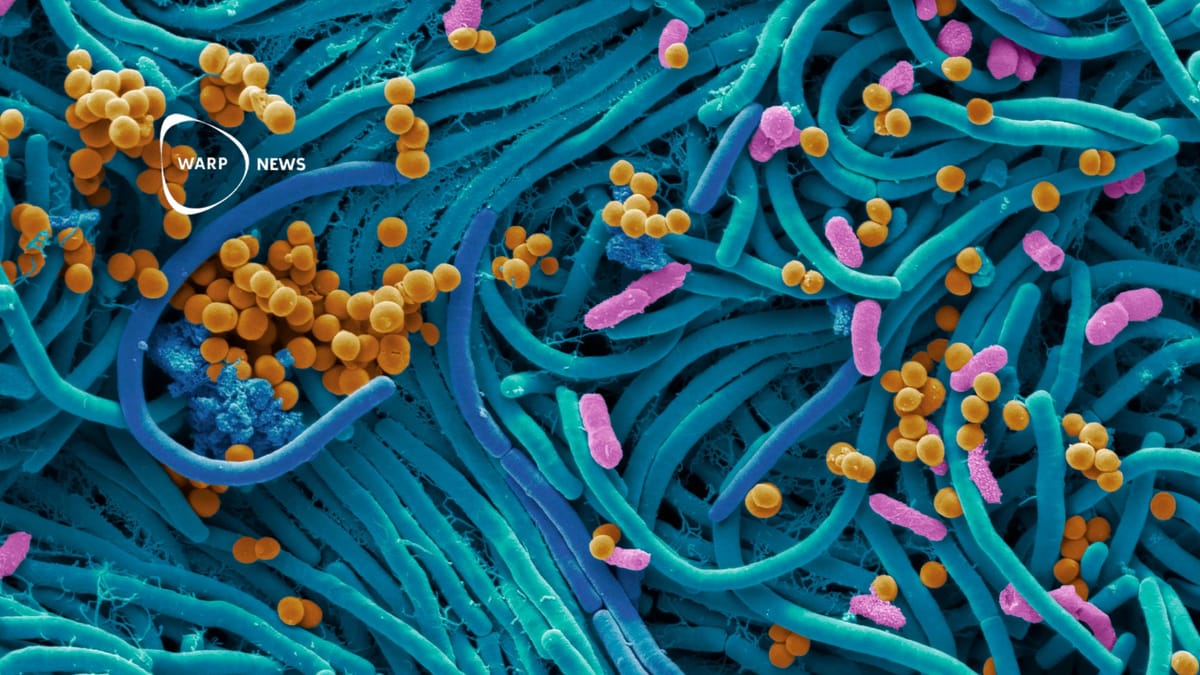In the realm of antibiotic discovery, a groundbreaking confluence of artificial intelligence (AI) and genomic science has emerged, heralding a new dawn in the battle against microbial pathogens. Researchers, harnessing the sophisticated analytical prowess of AI, have delved into the genetic secrets of a vast array of bacteria and other microorganisms, yielding insights of unprecedented scope and depth.
Revolutionizing Antibiotic Discovery with AI
At the forefront of this pioneering effort, the analysis of genetic material from tens of thousands of organisms has unveiled nearly one million potential antibiotic compounds. Remarkably, an astonishing 79 percent of these compounds demonstrated the capability to neutralize at least one species of harmful microbe. This achievement underscores the transformative impact of AI on the pace and efficiency of antibiotic discovery, a field that, until now, has been constrained by the slow and labor-intensive processes of traditional research methodologies.
Unveiling the Microbial Dark Matter
The scope of this research endeavor is nothing short of audacious. Utilizing an advanced algorithm designed to explore “the entire microbial diversity on Earth,” as articulated by César de la Fuente, a distinguished professor at the University of Pennsylvania, the study stands as the most comprehensive antibiotic discovery initiative to date. Professor de la Fuente, who heads the Machine Biology Group, elucidates the profound efficiency gains afforded by this algorithmic approach. Unlike conventional strategies that rely on the physical collection of environmental samples, this AI-driven methodology can sift through vast datasets with unparalleled speed, revealing the molecular mysteries hidden within the ubiquitous microbial realm.
From Virtual Predictions to Laboratory Validation
This monumental study drew upon publicly accessible genomic and metagenomic databases, identifying DNA sequences with potential antimicrobial properties. Among the plethora of molecules predicted to harbor such capabilities, 100 were synthesized and subjected to empirical testing. The results were striking, with 79 percent exhibiting antimicrobial activity, thereby affirming their potential utility as therapeutic agents.
The specter of antimicrobial resistance looms large over contemporary medicine, with the World Health Organization citing over 1.2 million fatalities in 2019 attributable to this burgeoning crisis. Projections suggest a grim escalation, with annual deaths potentially reaching 10 million by 2050. The imperative to discover novel antibiotics has never been more urgent.
AMPSphere: A Beacon of Open Science
A notable aspect of this research is the utilization of AMPSphere, an open-access platform that catalogues predicted antimicrobial peptides along with their genetic origins and biochemical characteristics. By encompassing data from diverse ecological niches, AMPSphere offers invaluable insights into the evolutionary trajectories and habitat-specific adaptations of these peptides. The novelty of the data contained within AMPSphere hints at the vast uncharted territories of antimicrobial peptides, many of which remain undocumented in existing scientific literature.
Accelerating Discovery Through Machine Learning
The application of AI and machine learning in this context represents a profound leap forward in the quest for new antimicrobial agents. By enabling researchers to navigate the complexities of genetic information with unprecedented precision and speed, AI technologies are poised to revolutionize not only antibiotic discovery but also a multitude of other scientific domains.
As we stand on the brink of this new era, the implications of these findings are profound. The integration of AI into the fabric of biomedical research promises to unlock a treasure trove of therapeutic possibilities, empowering humanity to counter the escalating threat of antimicrobial resistance.
In conclusion, this journey into the microbial unknown, guided by the light of artificial intelligence, bears testament to the boundless potential of interdisciplinary collaboration in advancing human health. As we continue to witness the unfolding of this scientific saga, let us remain engrossed in the conversation and vigilant in our quest for knowledge.
IntelliPrompt curated this article: Read the full story at the original source by clicking here




